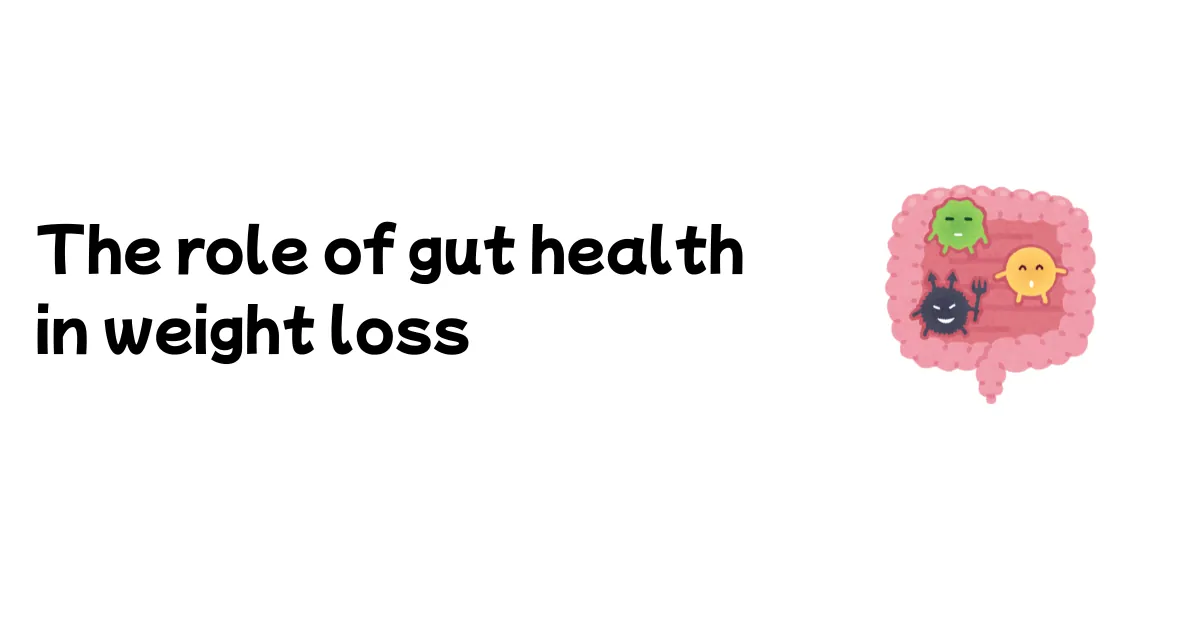We talk a lot about diet and exercise when it comes to weight loss, but there’s another really important piece of the puzzle that often gets overlooked: gut health. I’ve been learning a lot about this lately, and I wanted to share how it can affect our weight.
What is Gut Health?
Your gut, also known as your digestive system, is home to trillions of bacteria, viruses, and fungi. This community of microorganisms is called the gut microbiome, and it plays a huge role in your overall health. A healthy gut has a diverse and balanced microbiome, with plenty of “good” bacteria and fewer “bad” bacteria.
How Gut Health Affects Weight Loss?
So, how does this relate to weight loss? Well, your gut microbiome influences several processes that can affect your weight:
- Digestion and Nutrient Absorption: Your gut bacteria help break down food and absorb nutrients. An unhealthy gut can be less efficient at this, which can affect how your body stores calories.
- Metabolism: Some gut bacteria can influence your metabolism, affecting how your body burns calories.
- Appetite Regulation: Your gut produces hormones that control your appetite and feelings of fullness. An imbalance in gut bacteria can disrupt these signals, leading to increased cravings and overeating.
- Inflammation: An unhealthy gut can contribute to chronic low-grade inflammation throughout your body. Inflammation has been linked to weight gain and difficulty losing weight.
- Fat Storage: Some studies suggest that certain gut bacteria may influence how your body stores fat.
Signs of an Unhealthy Gut
An unhealthy gut can manifest in various ways, including:
- Digestive issues like bloating, gas, constipation, or diarrhea
- Fatigue
- Skin problems
- Food sensitivities
- Weight fluctuations
How to Improve Gut Health for Weight Loss
The good news is that you can take steps to improve your gut health, which may support your weight loss efforts:
- Eat a Fiber-Rich Diet: Fiber from fruits, vegetables, whole grains, and legumes provides food for your good gut bacteria.
- Include Probiotic-Rich Foods: Probiotics are beneficial bacteria that can help restore balance in your gut. Good sources include yogurt, kefir, sauerkraut, and kimchi.
- Limit Processed Foods, Sugar, and Artificial Sweeteners: These can harm your gut bacteria and promote inflammation.
- Manage Stress: Chronic stress can negatively impact your gut microbiome. Practice stress-management techniques like meditation, yoga, or deep breathing.
- Get Enough Sleep: Lack of sleep can disrupt your gut bacteria and contribute to weight gain.
- Stay Hydrated: Drinking plenty of water is essential for a healthy digestive system.
My Personal Approach
I’ve found that focusing on whole, unprocessed foods, and managing my stress makes a big difference in how I feel. I also try to include probiotic-rich foods in my diet.


